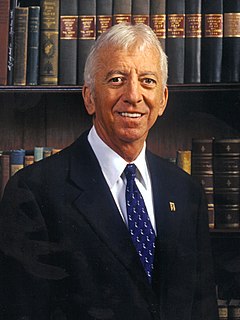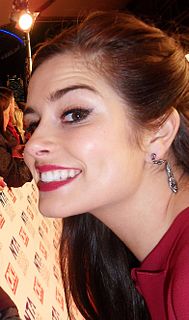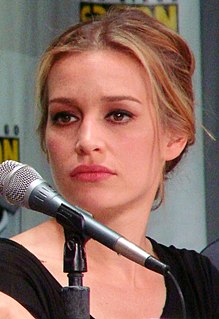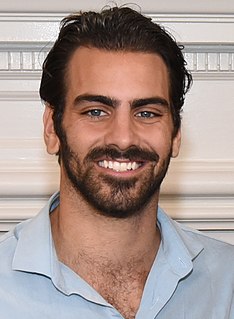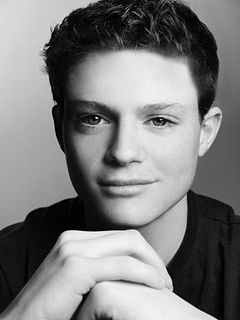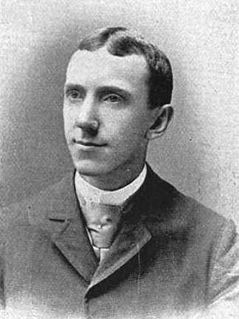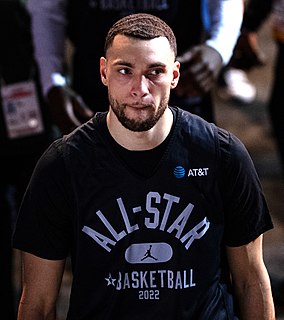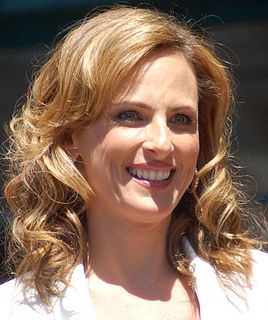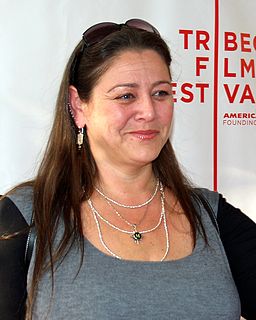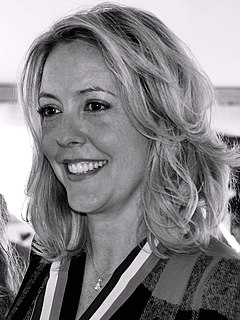A Quote by Richard Masur
I know deaf people. I have discussed the issues with them I've also thought about them a lot so I have some insights that go a little further than people who haven't had contact with the deaf community.
Related Quotes
Wherever the deaf have received an education the method by which it is imparted is the burning question of the day with them, for the deaf are what their schooling make them more than any other class of humans. They are facing not a theory but a condition, for they are first, last, and all the time the people of the eye.
While taking sign language in high school, one of our assignments was to go out and participate in the deaf community, so I really got to know a lot of the group from that. I felt like they needed a little bit more of a voice because people treat them different just because they're hearing impaired.
Throughout my childhood, I had served as an interpreter for my family. When I left home, I also left the Deaf community. I'd had enough of being a de facto intermediary and wanted to find my own identity. But, over time, I learned to embrace both cultures and find balance between them. I love my Deaf and CODA family and hope they would be proud to call me one of their own.


